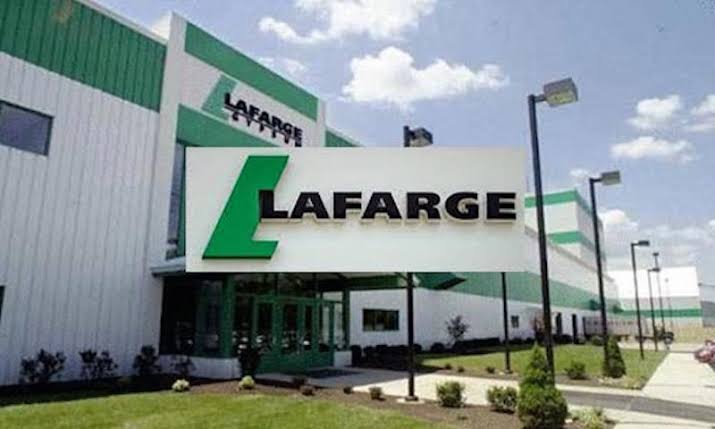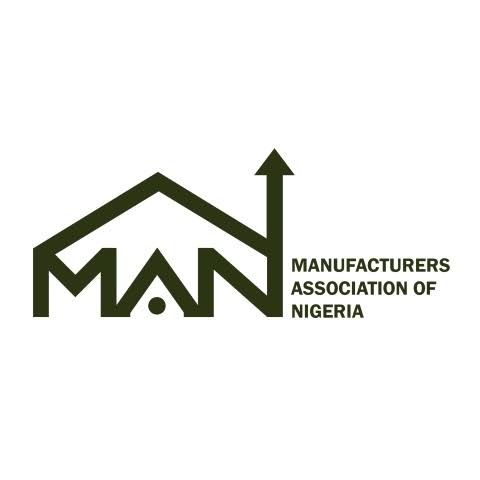The NESG-Stanbic IBTC Business Confidence Monitor (BCM) for the month of April 2025 has identified power shortages, high commercial lease and limited access to finance as major challenges to business expansion in Nigeria.
The BCM also reported that inadequate foreign exchange availability and unclear economic policies were among the key challenges that disrupted business operations during the month under review.
The report also stated that businesses in Nigeria recorded the highest BCM index in April after maintaining positive performance for the fourth consecutive month in 2025.
The BCM said that “the current Business Performance Index for April 2025 stands at +12.29, indicating a mildly positive performance and an improvement compared to +6.58 in March 2025.
It said: “Ranking of business challenges in April remains similar to March 2025, with power supply shortages continuing to pose the biggest obstacle to business growth.
“This is followed by the high cost of commercial leases and rental properties, limited access to finance, unclear economic policies, and restricted availability of foreign exchange.”
However, “Nigeria’s business environment recorded a positive performance in April 2025, sustaining the favourable momentum observed since the beginning of the year. The NESG-Stanbic IBTC BCM)showed an increase in the Current Business Index to +12.29 in April 2025 from +6.58 in March 2025.
“This performance is driven by improvement in business conditions and the uptick in business activities.”
The report said that a sub-sectoral analysis indicated weakly positive outcomes across all economic sectors included in the index.
“But notable strong performances were recorded in trade (+25.12) and non-manufacturing (+23.59), followed by manufacturing (+8.78), agriculture (+7.02), and services (+6.54).
“While all sectors improved relative to their March 2025 performance, the trade sector recorded the most significant leap, from +0.51 in March to +25.12 in April.
“The rise coincided with two major festivals that typically drive higher spending on food, clothing, and household goods.”
The report, however, showed that despite the generally positive trend, structural challenges have continued to dampen overall business growth.
It said that the cost of doing business slightly worsened, rising to +51.79 in April from +48.44 in March 2025.
“The most significant negative indicators were reduced investment (-15.00) and declining price levels (-16.62). These factors, combined with other weak business conditions, collectively slowed business activity and growth in April 2025,” the BCM said.
In addition, “high commercial lease/rental property costs remained a notable challenge for the second consecutive month, highlighting their disruptive effect on business operations. Similarly, restricted access to financing continued as a structural barrier, further limiting business growth throughout the month.”
Commenting on the BCM, the Stanbic IBTC said that the current business conditions amongst Nigerian businesses improved further to their highest level since we began coverage of the Business Confidence Monitor (BCM) over seven months ago.
“This is as business activity improved across all the sectors covered by the survey, with Agriculture returning to positive in April from a negative index in March.
“The notable recovery in agriculture at the start of Q2:25 reflected off-season harvest in the Northern region of the country, which ensured there were strong gains in crop production and agro-allied activities during the month.
“Overall, production level, demand condition, financial performance and employment levels improved in April relative to March, while cost pressures remained, and there was a dip in the investment index,” Stanbic IBTC said.
According to the report, the local currency is expected to depreciate in Q2:25 compared to Q1:25 amid the lingering global uncertainties. This could also lead to a slightly higher inflation rate than seen in Q1:25, but it is still expected to remain softer compared to the 2024 average.
Nonetheless, interest rates are likely to be lower this year amid moderate inflationary pressures, thereby helping to support economic growth over the medium term. On balance, we still maintain our expectation that the Nigerian economy is likely to grow by 3.5% y/y in real terms in 2025 relative to 3.4% y/y growth in 2024.





